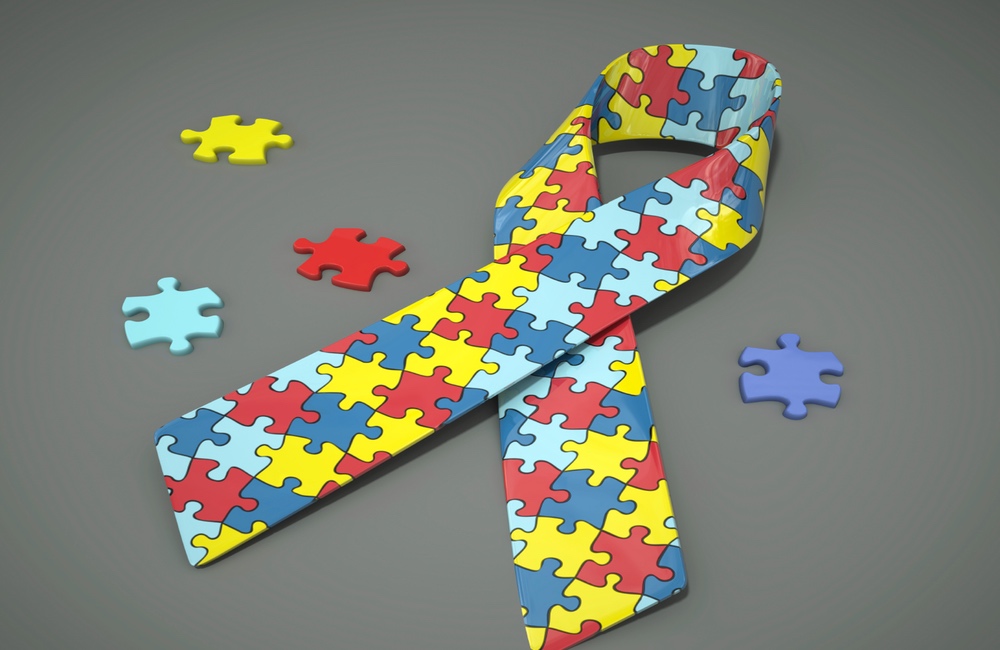Autism spectrum disorder is a neurodevelopmental disorder that may bring difficulties in social interaction, verbal and nonverbal communication, and the presence of restricted interests and repetitive behavior. For some people, it appears to be the result of a genetic condition. For others, there may be environmental or other factors acting together to affect the way children develop.
A new study published recently in JAMA Pediatrics suggests that one of those factors could be the presence of lithium in drinking water.
Lithium is a metal. It is naturally present in trace amounts in water — whether it’s groundwater, tap water or bottled water. It also occurs naturally in some foods, such as tomatoes, potatoes and cereals. Lithium is used in the batteries that power our cell phones, electric scooters and bikes, and other electronic devices.
Lithium compounds have been used for many years as a treatment for depression and bipolar disorders. Its safety as a treatment when taken during pregnancy has been a subject of debate, and there is increasing evidence that mothers who take it have a higher risk of miscarriage and babies born with cardiac anomalies or defects.Higher levels of lithium raised a child’s risk of an autism diagnosis by 26 to 46 percent.
Researchers at the David Geffen School of Medicine at UCLA looked at a potential association between lithium and the risk of autism. There had been little research on lithium’s effect on brain growth and development, but previous research had suggested that lithium could adversely affect an important molecular pathway involved in neurodevelopment and autism.
Working with Danish researchers, the UCLA team studied lithium levels in 151 public waterworks in Denmark that supply about half of the population of the country. They identified waterworks that had serviced the homes of mothers during their pregnancy to obtain the lithium levels of their drinking water.
Using a database of patients with psychiatric disorders, they identified children born between 1997 and 2013, and compared the 12,800 children who were diagnosed with autism during that period against the nearly 64,000 children without an autism diagnosis, while controlling for factors that had already been linked to a higher risk of autism.
Higher levels of lithium raised a child’s risk of an autism diagnosis by 26 to 46 percent. Broken down by subtypes of the developmental disability, similar relationships were found between higher lithium levels and an increased risk of autism. Children living in urban areas were more likely to develop autism compared to those living in smaller towns and rural areas.
Denmark was an ideal country in which to conduct this study because of its comprehensive civil databases, the fact that Danes drink more tap water than bottled water, and a superior system for evaluating trace metals and other contaminants in the water supply. Compared to other countries, lithium levels in Danish water are in the low to moderate range.Be sure to dispose of lithium batteries properly. They should not go out with the household trash since their presence in landfills may contaminate the groundwater.
“Any drinking water contaminants that may affect the developing human brain deserve intense scrutiny,” said UCLA researcher Beate Ritz, in a statement. The growing popularity of electric bikes and scooters makes the risk of lithium contamination of water even greater. As Ritz warns, “In the future, anthropogenic sources of lithium in water may become more widespread because of lithium battery use and disposal in landfills with the potential for groundwater contamination.”
An important takeaway from this study is to dispose of lithium batteries properly. They should not go out with the household trash since their presence in landfills may contaminate the groundwater. Most cities have e-waste collection days or locations to drop off batteries for recycling. Find out what to do with lithium batteries in your area to help stop the spread of lithium in the groundwater where you live.
.





